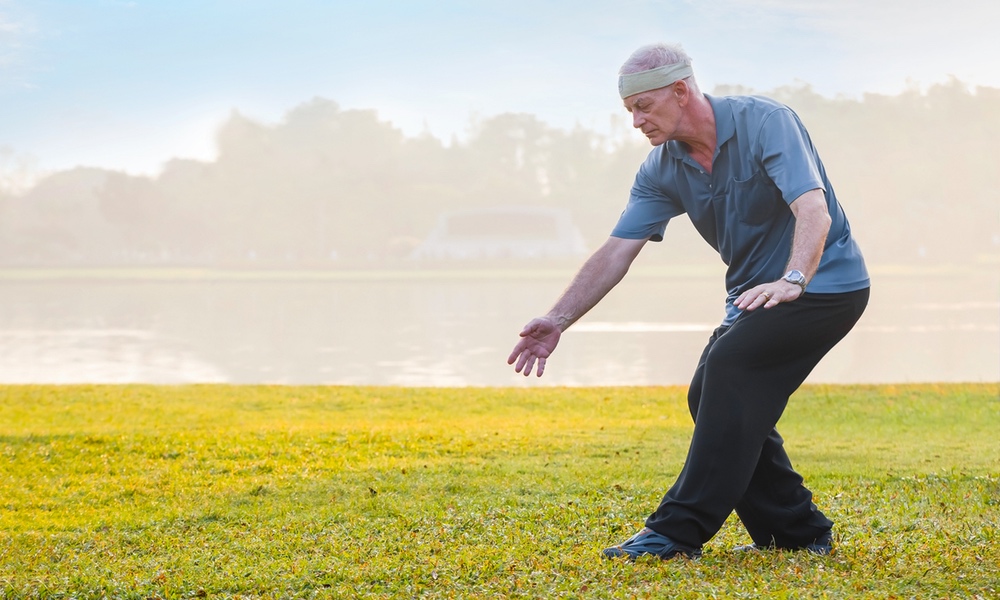We all know how important it is to stay active and fit whether it's with walking or jogging, biking, swimming or working out at the gym. But in our quest to get in a daily quota of exercise, a lot of us don't take the time to stretch and keep our bodies flexible.
This turns out to be a mistake. A new study published in the Scandinavian Journal of Medicine & Science shows that people whose bodies have more flexibility are likely to live longer.
The researchers acknowledged that physical activity keeps us healthier and contributes to longevity, but they wanted to find out if flexibility played a similar role.
To do it, the Brazilian team analyzed data from over 3,100 middle-aged people. The participants were between the ages of 46-65 years when they had their first exam for the study out of a total of at least three examinations; 66 percent were men. They were followed from March 1994 to February 2023.People with better flexibility levels, both men and women, lived longer. In older individuals, holding a stretch for 30 to 60 seconds may offer a greater benefit toward flexibility.
The clinicians collected data on the participants' BMI (Body Mass Index), vitals such as heart rate, weight, blood pressure and any health issues. They also gave participants a flexibility test — the “Flexitest” — that measured the flexibility of 20 body joint movements. It included their ankles, shoulders, knees, trunk, wrists, hips and elbows.
People with better flexibility levels, both men and women, lived longer. The results showed that women were generally more flexible than men with an average 35 percent higher Flexitest score.
Considering their findings, the study's authors stressed the importance not only on physical fitness in general, but the benefits of flexibility on our long-term health, especially for middle-aged people. As they said in a press release accompanying the study, “An assessment of body flexibility using the Flexitest may serve as a useful complement to routine evaluation protocols for providing exercise recommendations and prescriptions to healthy and unhealthy middle-aged individuals.”
Although the results showed a clear link between flexibility and longevity, the study design did not allow the researchers to state definitively that flexibility was the reason people lived longer. It is possible that folks who are more flexible are also more physically active or more health conscious in general. More research will be needed to prove a causal connection.
There's no disputing that being more flexible is always a good idea, however.
The American College of Sports Medicine recommends:
- Static stretching that is preceded by an active warm-up, at least 2 or 3 days a week, although daily is most effective.
- Each stretch should be held for 15 to 30 seconds and repeated 2 to 4 times.
- Stretching to the point of feeling tightness or slight discomfort.
- Holding a static stretch for 10 to 30 seconds is recommended for most adults. In older individuals, holding a stretch for 30 to 60 seconds may offer a greater benefit toward flexibility.
Yoga and Tai Chi are exercise practices that focus on stretching. Using resistance bands or a foam rubber while working out will also help to increase your flexibility.





